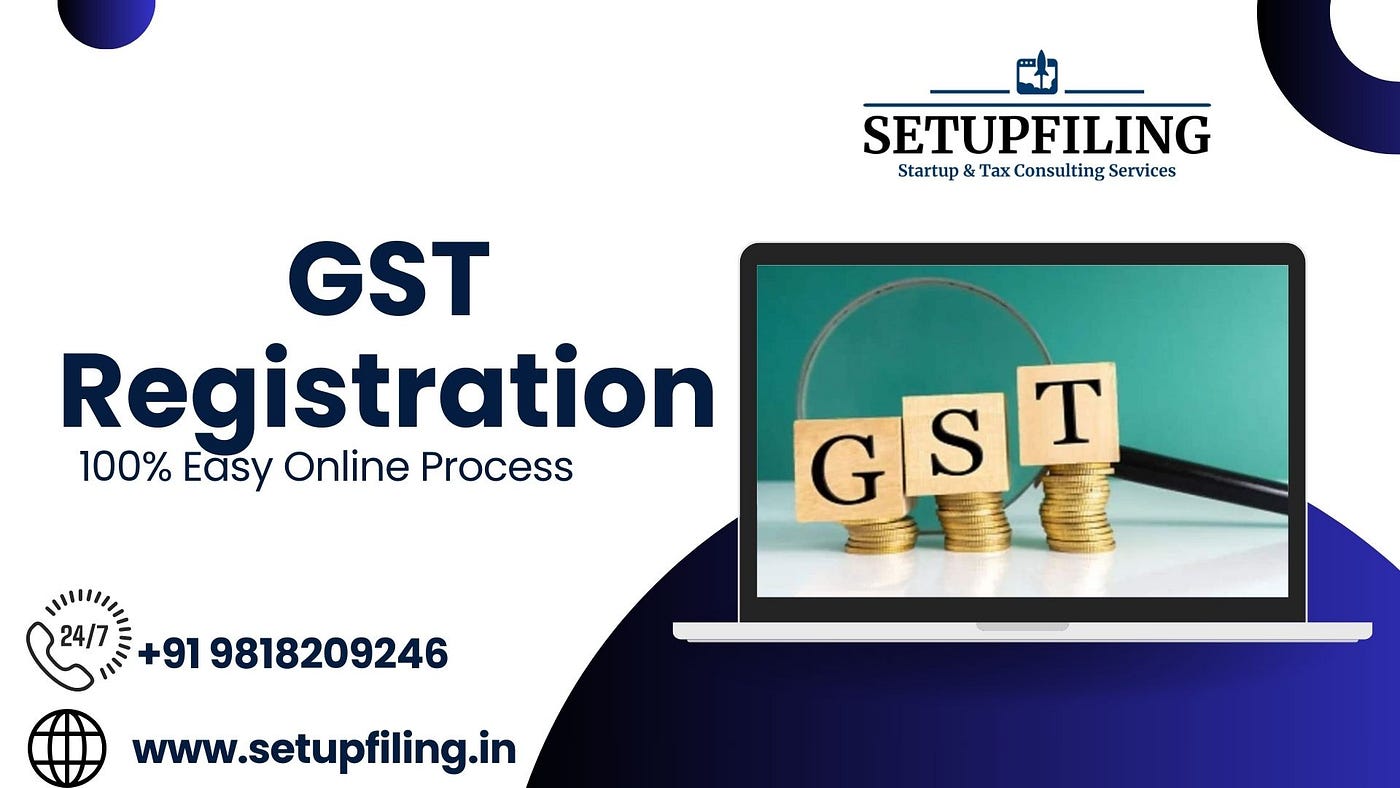Comprehensive Guide to the Best GST Registration Services in Singapore
Comprehensive Guide to the Best GST Registration Services in Singapore
Blog Article
Throughout: The Ultimate Roadmap to GST Enrollment for Businesses Seeking Financial Security
Navigating the intricacies of Product and Solutions Tax Obligation (GST) enrollment is a crucial action for services striving for monetary security. Damaging down the roadmap into workable steps can improve the registration trip for businesses looking to boost their economic standing.
Recognizing GST Essentials
Delving right into the basic concepts of Product and Provider Tax (GST) is vital for acquiring a detailed understanding of its ramifications on services and the economic situation. GST is a value-added tax levied on the majority of goods and services for domestic consumption. It has replaced multiple indirect taxes that existed in the pre-GST period, simplifying the tax obligation framework and enhancing simplicity of doing service in India. Under the GST system, both solutions and products are taxed at a particular price, which is identified based upon their classification. Companies are required to sign up for GST if their annual turnover exceeds the threshold limitation set by the federal government. Input Tax Credit Score (ITC) is a considerable function of GST, permitting organizations to declare credit history for taxes paid on inputs, lowering the overall tax concern. Recognizing the fundamentals of GST is vital for companies to conform with tax obligation guidelines, handle their finances efficiently, and add to the nation's financial development by taking part in a transparent tax system.
Eligibility Criteria for Registration
To sign up for GST, services should satisfy certain qualification standards developed by the government. The primary eligibility requirement is that any type of business included in the supply of products or solutions with a yearly accumulation turn over over the threshold restriction established by the authorities should register for GST. As of the existing guidelines, the threshold limitation for GST registration is a yearly accumulation turn over of 40 lakhs for services operating within a state, with the exception of special classification states where the limit is 20 lakhs. Additionally, particular companies are required to register for GST irrespective of their turnover, such as interstate providers, laid-back taxed individuals, and services accountable to pay tax obligation under the reverse fee mechanism. It is important for businesses to completely evaluate their turnover and transaction types to determine their GST registration responsibilities accurately. Failure to sign up for GST when eligible can cause fines and legal repercussions, making it necessary for businesses to adhere to the defined qualification standards.
Documents Required for Registration
Having actually fulfilled the qualification standards for GST enrollment, companies need to currently guarantee they have the requisite files in location to wage the enrollment procedure effectively. The papers required for GST registration discover here commonly consist of evidence of company constitution, such as partnership action, registration certificate, or consolidation certification for different kinds of organizations. Furthermore, companies need to supply records developing the principal business, such as a rental agreement or electrical power costs. Frying pan card of the organization, in addition to the identification and address evidence of promoters/partners/directors, are essential for verification objectives. Savings account statements, together with terminated cheques or a copy of the bank passbook, are required to validate the economic information provided during registration. Businesses have to have electronic trademarks prepared for the licensed signature. Ensuring all these documents are organized and easily available will certainly accelerate the GST registration procedure, enabling services to conform with tax obligation policies perfectly.
Step-by-Step Registration Refine
Beginning the GST enrollment procedure involves a series of structured steps to make certain a compliant and seamless enrollment for services. The first action is to check out the GST website and complete the registration form with accurate information of business entity. Following this, the applicant receives a Short-term Referral Number (TRN) which is utilized to resume the application procedure if it's not completed in one go.
Following, all required files according to the list supplied by the GST portal need to be submitted. These papers typically consist of proof of company registration, identification and address evidence of marketers, financial statements, and company entity's frying pan card.

Post-Registration Conformity Guidelines

Conclusion
In final thought, organizations seeking economic stability has to comprehend the fundamentals of GST, satisfy qualification standards, collect essential records, follow the step-by-step enrollment process, and follow post-registration standards - Best GST registration services in Singapore. By adhering to these actions, companies can ensure compliance with tax policies and keep financial security in the future
Additionally, particular companies are called for to sign up for GST irrespective of their turn over, such as interstate vendors, laid-back taxed individuals, and companies accountable to pay tax obligation under the reverse fee mechanism.Having satisfied the qualification requirements for GST registration, organizations should currently ensure they have the requisite papers in area to continue with the enrollment procedure successfully. The files needed for GST registration usually include evidence of business constitution, such as collaboration deed, registration certification, or consolidation certification for different kinds of businesses. Furthermore, organizations need to give files developing the major place of service, such as a read here rental agreement or electrical energy costs.Commencing the GST enrollment procedure involves a series of organized actions to ensure a seamless and compliant registration for companies.
Report this page